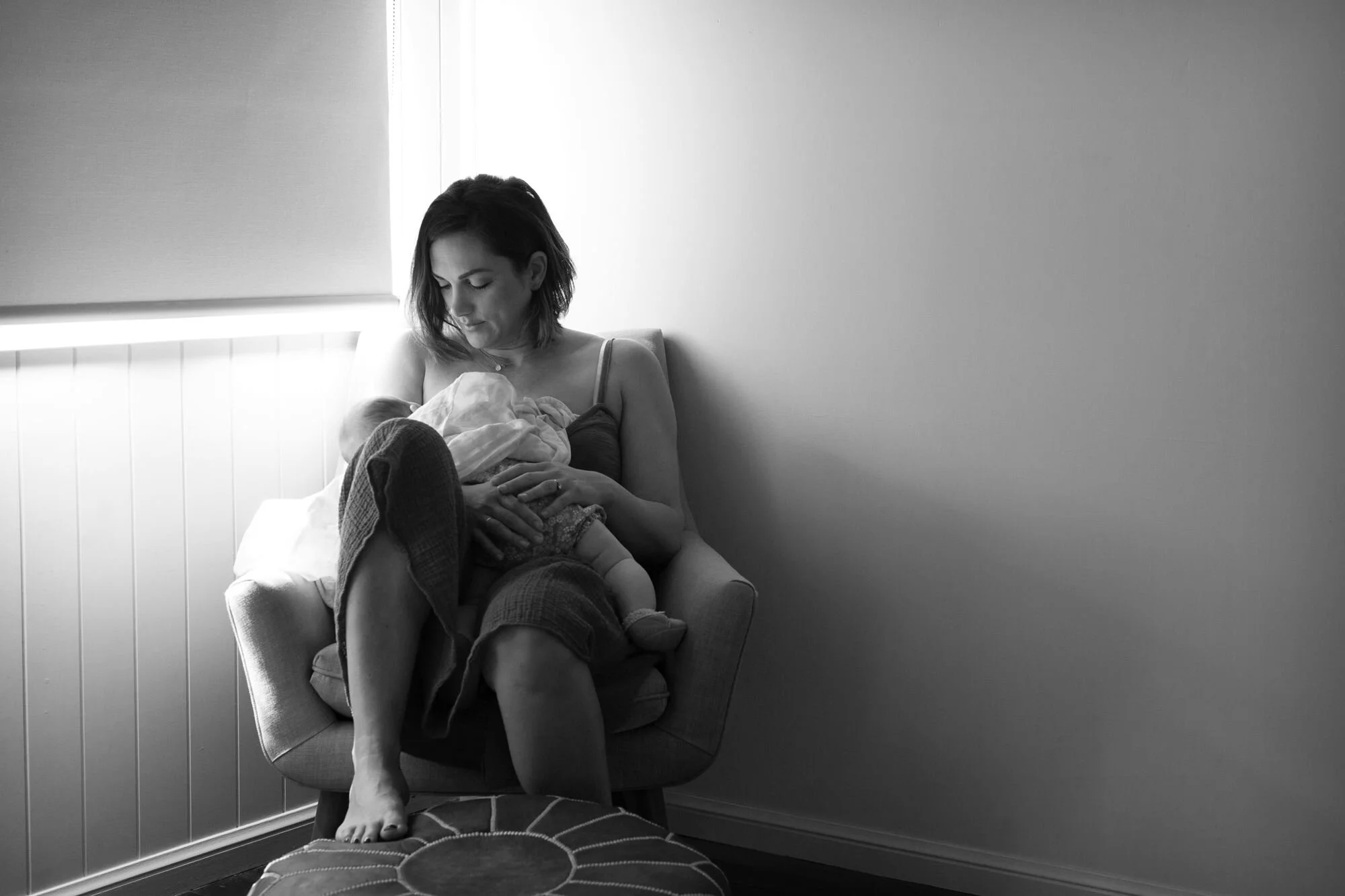We all have a story…
In honor of World Breastfeeding Week 2020 theme ‘support breastfeeding for a healthier planet’, I want to share my own (most recent child breastfeeding story).
This year’s theme is all about the impact of infant feeding on the environment and the importance of protecting, promoting and supporting breastfeeding for the health of the planet and its people.
I want this story to not just normalise breastfeeding, but to normalise the need for more expert breastfeeding support.
My own breastfeeding journey has been as complex and challenging as many of the mothers I have had the privilege of supporting as an IBCLC and midwife.
It started when my daughter Delilah was around 8 weeks. I noticed she seemed unsettled breastfeeding and had reflux-like symptoms.
Her stools were foul, explosive, full of mucous and clearly caused her pain. Within a few days, I noticed streaks of blood throughout her stools, particularly after lots of crying with obvious gut pain.
Progressively each day, more and more, Delilah started to turn away from the breast. It quickly spiraled into full blown breast refusal. She had clearly drawn an association between breastfeeding and her physical gut pain and I had no idea why.
She would contort her body in any direction other than my breast (while screaming) every time I’d try to feed her, despite it being a significant time between feeds.
I couldn’t quite believe what was unfolding for us. The irony that the child of an IBCLC-midwife was screaming the moment she was put in a breastfeeding position was heartbreaking.
What I was dedicated to, for the health of my child, became a traumatic event for her. I felt trapped in my knowledge and insight of the benefits of breastfeeding versus what I was experiencing when I tried to breastfeed her.
It was hard to reach out and acknowledge what was going on as I knew we were a complex case and needed expert advice.
We were the perfect case study I would have loved supporting, but when I was the mother in the ‘hot seat’, all my knowledge was blurred with the emotions and lack of objectivity.
My journey was unfortunately met with many unhelpful comments and I wasn’t satisfied to simply ‘bandaid’ the issue by taking my breastmilk out of the equation, especially when I knew the lifelong benefits my breastmilk possessed.
So I sought expert advice and support to find my way through the fog of it all.
Despite being an IBCLC myself, I honored myself as a mother and saw an excellent IBCLC, an incredible peadiatric dietician and a phenomenal osteopath. I was so grateful for their kindness, knowledge and support.
Amazingly, we maintained breastfeeding throughout this time using soothing strategies and a dummy to get Delilah to sleep. Once almost asleep I would slip the dummy out and transfer her on for a breastfeed.
Bit by bit... over the course of weeks and lots of treatment, I saw things change for the better. It began with one random feed a day that was ‘battle-free’... then a few days later a couple of ‘normal’ breastfeeds, no breast refusal.
It took months of patience, persistence, focusing on the wins and taking it one day at a time, to get through.
Together, my team supported Delilah and I in finding our way back to comfortably and happily breastfeeding - which I am very proud to say we are still going strong and she is now 15 months old.
This photo was taken whilst in the thick of it all. It may appear to be a serene breastfeeding photo, but I was practically holding my breath, so grateful she was actually breastfeeding, not daring to move an inch.
The thing is, when we go through such challenges as mothers, we are often waiting for someone else to be kind to us. The truth is, we need to be kind to ourselves.
Breastfeeding can bring up many mixed emotions for so many mothers, as it simply doesn’t always work out and that is not at all a reflection of effort or motivation (certainly not for the inspirational mothers I have the privilege of supporting at Full Circle).
When we respect the integrated emotional journey that occurs for BOTH the mother and child in breastfeeding, we can recognise and respect that there is more than an incredible nutritional exchange occurring. The emotional side of breastfeeding reinforces that the need for expert support is paramount.
I hope the mothers who have had any breastfeeding challenges reading this story can feel some solidarity and acknowledgment in knowing breastfeeding can be unpredictable, it doesn’t matter who you are...and it’s not your fault.
I was lucky, I knew normal versus abnormal. I knew the benefits of getting through the challenge. I knew I needed help. And I knew where to get the level of support that would make a difference.
So many mothers don’t come into a breastfeeding challenges with that baseline. It’s not their fault when they can’t and don’t find their way through the fog of it all.
So let’s not just normalise breastfeeding, let’s normalise breastfeeding support.
If you have a breastfeeding story you’d like to share to shed light on the need for more expert breastfeeding support - I would love to hear from you.
World Breastfeeding Week (WBW) is a global campaign to raise awareness and galvanise action on themes related to breastfeeding. Each year it is celebrated between 1-7 August. For further information and to donote, visit the World Alliance for Breastfeeding Action (WABA).


